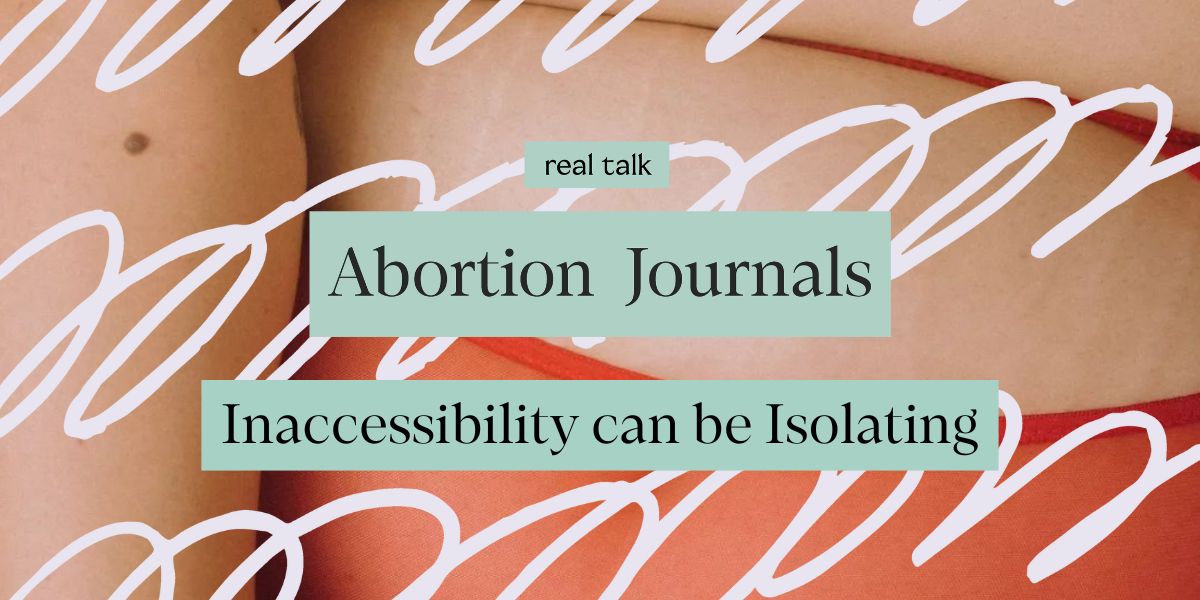What’s the deal with pregnancy and yeast infections?

Yeast infections sound, well, gross, but they are a totally normal reaction to any disruption to a vagina’s balance of bacteria. In fact, they are quite common - three out of four people with vaginas will be affected by a yeast infection at some point in their lifetime - and they are even more common during pregnancy. In this blog we will cover how pregnancy impacts yeast infections and the treatment of yeast infections during pregnancy. .
Yeast Infections and Pregnancy
Vaginal yeast infections, or vaginal candidiasis, are fungal infections that can cause discharge, irritation and/or intense itchiness in the vagina and vulva. They are caused by anything that disrupts the amount of good bacteria in the vagina and vulva, or encourages the growth of excess yeast, such as antibiotics, stress, uncontrolled diabetes, or wearing wet clothes, and pregnancy.
Instead of being a result of wearing a bathing suit for too long (guilty), fluctuations in a pregnant person’s vaginal balance are often due to hormonal changes. The changes that impact yeast infection frequency are particularly due to the higher levels of estrogen circulation through a pregnant person’s body, as well as the higher sugar content in vaginal secretions found during pregnancy. These changes, and therefore the chance of a yeast infection, are especially common during the second trimester.
While yeast infections can be annoying and can be uncomfortable at times, they typically will not harm a pregnant person or a growing baby, dangerous to a pregnant person or the baby. If you notice any signs of a yeast infection again which can include: itching, burning, white discharge and sometimes pain, it is important that you contact your primary care provider.
It is important to be evaluated and treated if you suspect you have a yeast infection for a few reasons. Pregnant people have an increased likelihood of experiencing a “complicated yeast infection.” This sounds a bit scary, but again does occur, especially in your second or third trimester.
A complicated yeast infection can mean a few different things including having severe symptoms especially during pregnancy, having 4 or more infections in 1 year, or having a different type of yeast that is not commonly seen. During pregnancy, the goal is to diagnose and treat yeast infections as early as possible to prevent more serious complications. Also, some of the treatment options are different for pregnant people, so it’s better to call a doctor and assess any symptoms with a medical provider.
Diagnosis and Treatment
A diagnosis is simple. Your doctor will ask you about your symptoms and perform a physical exam to view the symptoms and to take a sample of your vaginal discharge. The sample will be analyzed under a microscope for signs of infection-causing yeast. In some cases, your doctor will perform a culture to help rule out other types of infections.
In pregnant people, the treatment options are slightly different from those who are not pregnant. In pregnancy, the usual oral medications are not safe, so you will likely be given a cream based medication that is applied directly in the vagina. The recommended over-the-counter medications include butoconazole (ie Femstat), clotrimazole (ie Gyne-Lotrimin), miconazole (like the Stix 3-day treatment), and terconazole (ie Terazol). Pregnant people experiencing yeast infections should follow the instructions as directed for their medication.
yeast-infection-complete-combo
Should Pregnant People Try Alternative Treatments?
You may have stumbled upon some home remedies with tips and tricks to naturally treat yeast infections. These involve using household staples such as yogurt, coconut oil or garlic, as well as other oils like tea tree and oregano, either topically or orally to suppress yeast infections.
While some of these recommendations have been studied, it is not recommended that pregnant people attempt to treat themselves. During your pregnancy, be sure to consult your doctor for treatment options — and just use garlic to spice up your food instead of as an antifungal.
How to Prevent Yeast Infections in Pregnancy
While you can’t control your hormonal changes during pregnancy, there are steps you can take to prevent yeast infections. These include allowing your vaginal area to breathe by wearing cotton underwear, avoiding tight pants or pantyhose, keeping the genital area dry and sustaining from scented feminine products and douching. Some research suggests eating yogurt with live cultures and other probiotics (like the Stix Vaginal Health Probiotic) can also help ward off developing a yeast infection.
Yeast infections are one of the unfortunate realities of having a vagina. But if you start to experience that burning, itchy feeling, remember to stay calm and contact your medical provider (and change into your loosest pair of cotton underpants for good measure and comfort.)
Keep Reading

What it's really like to freeze your eggs: a firsthand account
May 8

Navigating birth control and sexual health in a larger body
Apr 23

In My Words: The power of shooting your shot
Apr 18










